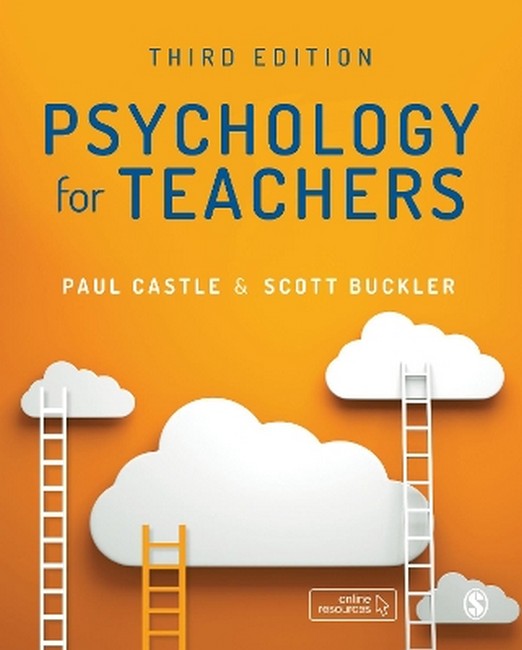Paul Castle joined the University of Worcester as a senior lecturer in September 2004. He was a Chartered Sport and Exercise Psychologist, Associate Fellow of the British Psychological Society and registered with the Health & Care Professions Council. As an active practitioner, with over 20 years' experience, Paul provided applied psychology consultancy to clients in a wide array of disciplines, with a particular emphasis on providing individual- and small-group support to teachers and lecturers, to ameliorate the effects of stress, depression and burnout. As Mental Health and Wellbeing (MHWB or MWB) Lead for the School of Sport & Exercise Science at Worcester, Paul embraced the emerging issue of MWB in students and staff within primary, secondary and tertiary education. He was an advocate for reducing the stigma associated with MWB and provided applied psychological support in guiding students through their own 'personal challenges' by a combination of sport, physical activity and psychological skills training. Paul was trained in Mental Health First Aid (MHFA) and Applied Suicide Intervention Skills Training (ASIST), in conjunction with his professional grounding. He was an active member of the 'Suicide Safer' Project Group at the University of Worcester, which aimed to promote 'suicide safer communities' both regionally and nationally. Scott Buckler has been involved in education since the 1990s, fluctuating between primary teaching, secondary teaching (science, computing, psychology), and universities (education, sport, psychology). From teaching research methods across the expanse of education (from the primary years through to doctorates), Scott has been an advocate of high quality research, through facilitating an open mind while maintaining academic integrity. His research has encompassed many areas, often with the theme of personal and professional growth, through the lens of transpersonal psychology. His PhD thesis was interdisciplinary, combining anthropology and psychology to explore the way that the martial arts lead to personal transformation. Professionally, Scott's research is predominantly in applied educational psychology, inclusive education, and research methods. Scott is a Chartered Teacher and Chartered Psychologist.
Request Academic Copy
Please copy the ISBN for submitting review copy form
Description
Part 1: Psychological perspectives on education Chapter 1: Classical Learning Approaches within Psychology Chapter 2: Contemporary Learning Approaches within Psychology Chapter 3: The Effective Teacher Chapter 4: The Philosophy and Psychology of Professional Practice Part 2: The individual learner Chapter 5: Neurological and Physical Development Chapter 6: Perceptual and Cognitive Development Chapter 7: Social, Emotional Development and Personality Part 3: Meeting the needs of the learner Chapter 8: Understanding the Self Chapter 9: Understanding Special Educational Needs, Disabilities and Inclusion (SENDI) Chapter 10: Motivation Chapter 11: Integrating Psychology in the Classroom Part 4: Mental health, wellbeing and resilience Chapter 12: Mental Wellbeing Chapter 13: Coaching Psychology and Developing Resilience Part 5: Psychological skills training Chapter 14: Goal-Setting Chapter 15: Mental Imagery Chapter 16: Self-Talk and Cognitive Restructuring Chapter 17: Relaxation Part 6: Evidence-based teaching Chapter 18: Reading, Reasoning and Researching Education Part 7: Classroom practice Chapter 19: The Learning Environment Chapter 20: Elearning: The New Frontier in Education Chapter 21: The 'Ideal' Teacher Chapter 22: Reflective Position: Integrating the Strands of this Book
The book is a clear, straightforward guide to the issues around mental health starting with the discipline's fundamental history, exploring the various thought processes behind mental health with a clear tone and holistic view. Overall, this book can be considered a useful starting resource for non-mental health practitioners to develop their understanding of the processes involved in mental health.

